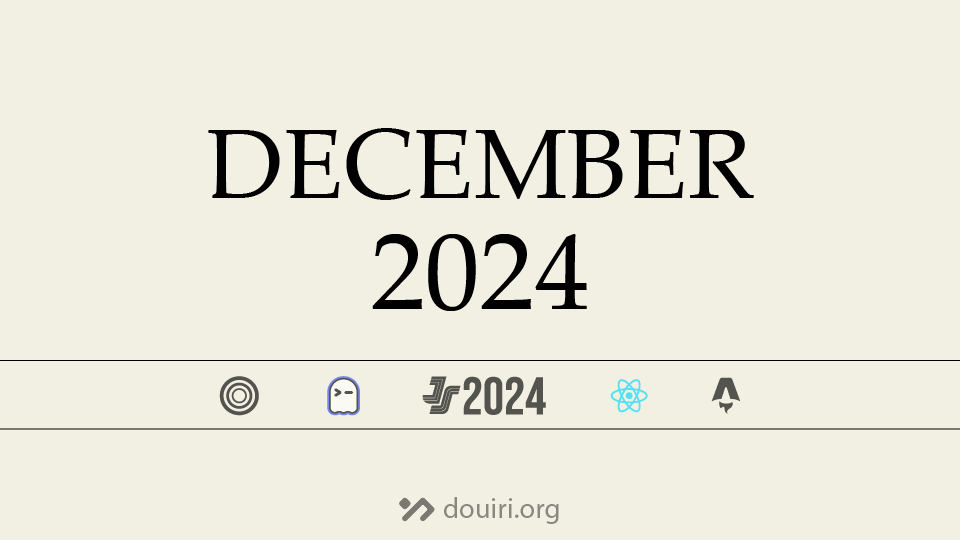Is this Email Address Valid? quiz
TL;DR answer sheet
Is this Email Address Valid? — quiz answer sheet, click to expand.
1. What is the correct format of an email address with the correct terminology?
Answer: local-part@domain
Explanation: “local-part@domain” is the precise terminology from RFC 5321, where the local-part is the identifier for the mailbox and the domain specifies the mail server.
2. The local-part of an email address is case-sensitive, while the domain part is not.
Answer: true
Explanation: According to RFC 5321, the local-part (before the @) is case-sensitive, but in practice, most email services treat it as case-insensitive. The domain part is always case-insensitive.
3. Is this email address Valid:
[email protected]
Answer: true
Explanation: This is a feature called sub-addressing (or plus addressing). Many email services will deliver this to '[email protected]' and you can use the full address to filter emails.
4. Is this email address Valid:
user@localhost
Answer: true
Explanation: 'localhost' is a valid hostname, and emails can be sent to users on the local machine.
5. Is this email address Valid:
john [email protected]
Answer: false
Explanation: Unquoted spaces are not allowed in the local-part of an email address. To be valid, it should be quoted like "john doe"@example.com.
6. Is this email address Valid:
" "@example.com
Answer: true
Explanation: The local-part can be a quoted string, which can contain spaces.
7. Is this email address Valid:
mr/[email protected]
Answer: true
Explanation: A forward slash '/' is a valid character in the local-part of an email address.
8. Is this email address Valid:
#!/$%&'*+-/=?^_`{|}[email protected]
Answer: true
Explanation: Many special characters are allowed in the local-part of an email address, but some email providers may restrict their use.
9. Is this email address Valid:
[email protected]
Answer: false
Explanation: The local-part of an email address cannot have two consecutive dots.
10. Is this email address Valid:
"john <...>[] doe"@example.com
Answer: true
Explanation: When the local-part is a quoted string, it can contain a wide range of special characters, and supports consecutive dots.
11. How many @ symbols are allowed in a valid email address?
Answer: Multiple as long as they are in quotes
Explanation: Only one unquoted @ symbol is allowed in an email address. However, if the local-part is a quoted string, it can contain multiple @ symbols.
12. Is this email address Valid:
first"and"[email protected]
Answer: false
Explanation: While you can have quotes in the local-part, they must be used to enclose the entire local-part (e.g., "first and second"@example.com) or be escaped with a backslash.
13. Is this email address Valid:
idriss(What is this)@douiri.org
Answer: true
Explanation: Parentheses denote a comment, which is valid in an email address but is usually ignored by the mail server. The actual address is '[email protected]'.
14. Is this email address Valid:
user@domain_name.com
Answer: false
Explanation: Underscores '_' are not allowed in domain names (hostnames). They are, however, allowed in the local-part.
15. Is this email address Valid:
user@[127.0.0.1]
Answer: true
Explanation: IP address in square brackets are valid as the domain part, with a different syntax for IPv6 (user@[IPv6:::1).
16. Is this email address Valid:
こんにちは@example.com
Answer: true
Explanation: This is an internationalized email address. according to RFC 6531 The local-part can contain UTF-8 characters. The domain part would be converted to Punycode to be compatible with DNS.
17. Is this email address Valid:
❤️@example.com
Answer: true
Explanation: The local-part of an email address can include Unicode characters, including emojis. (RFC 6531)


